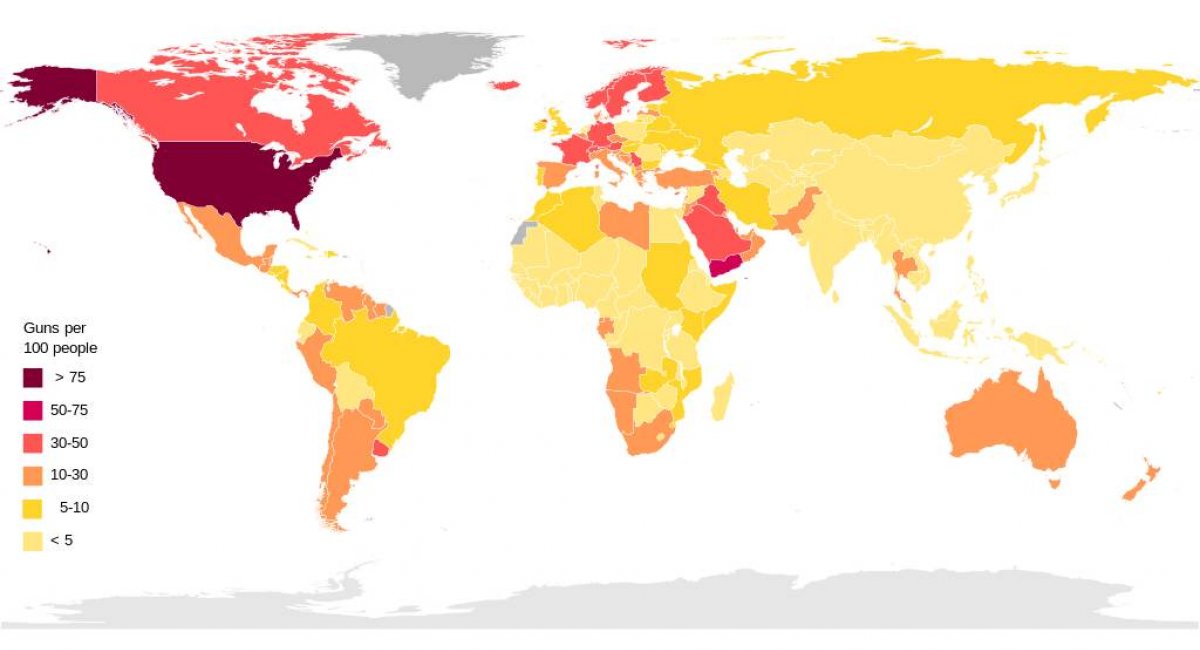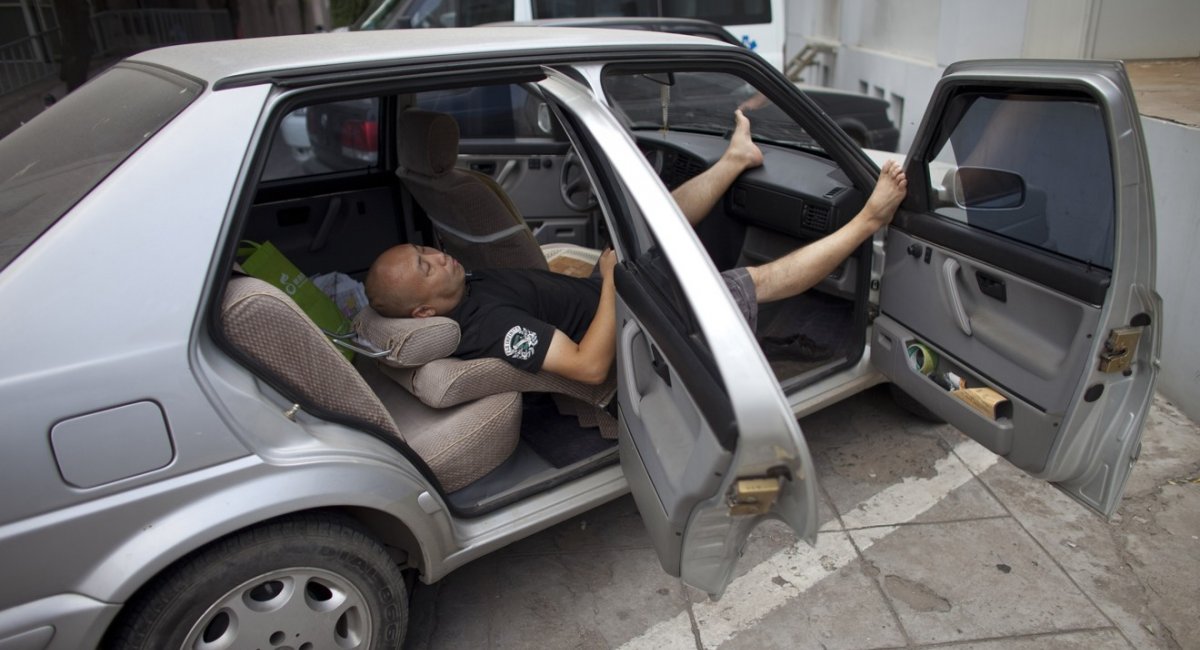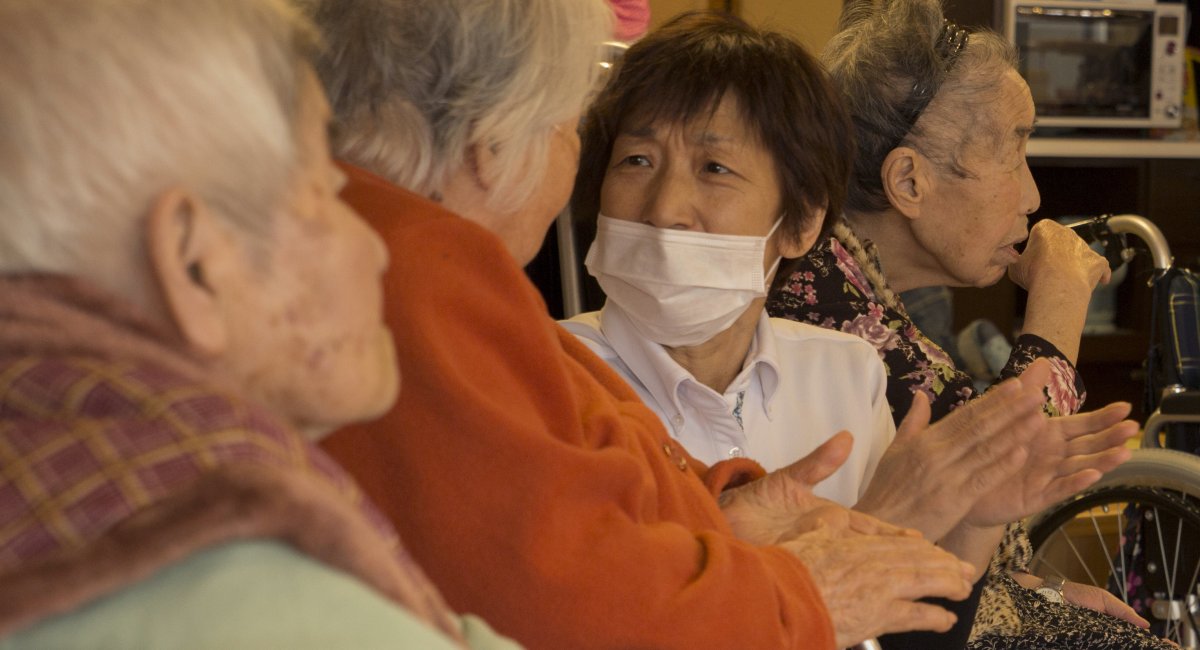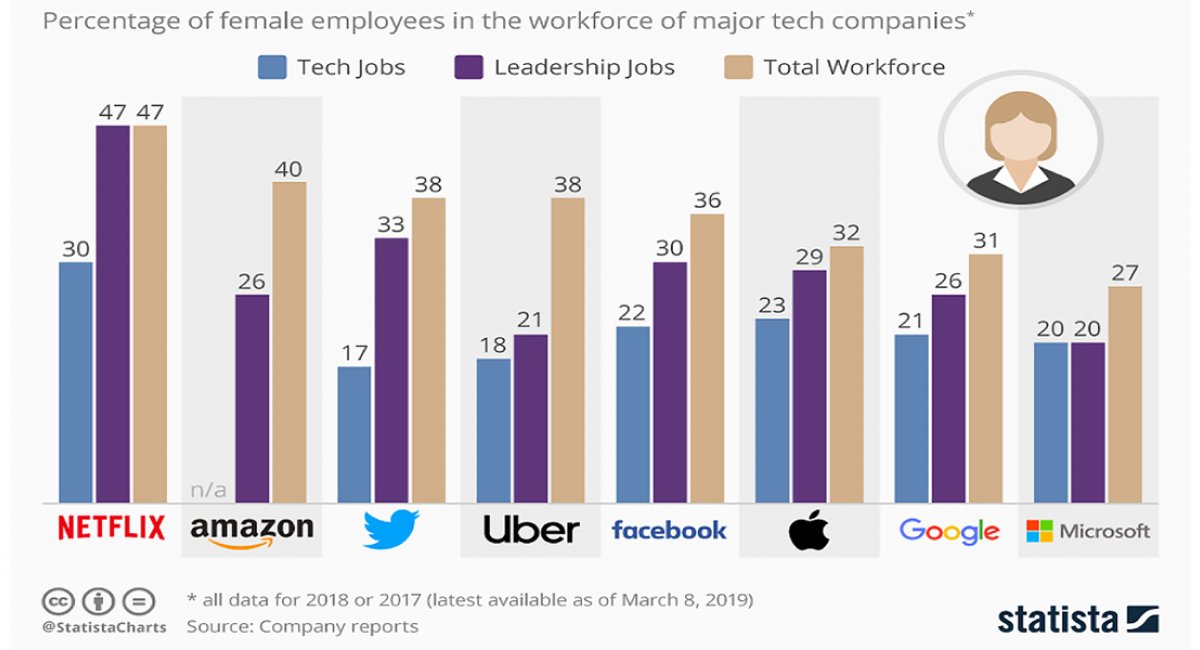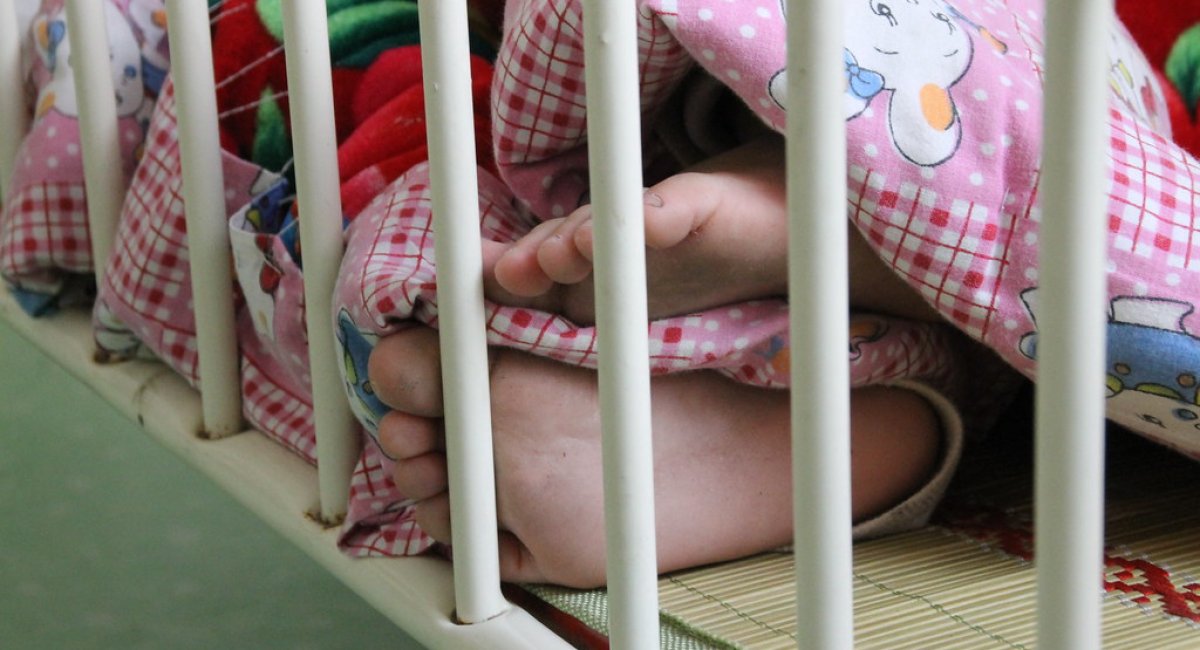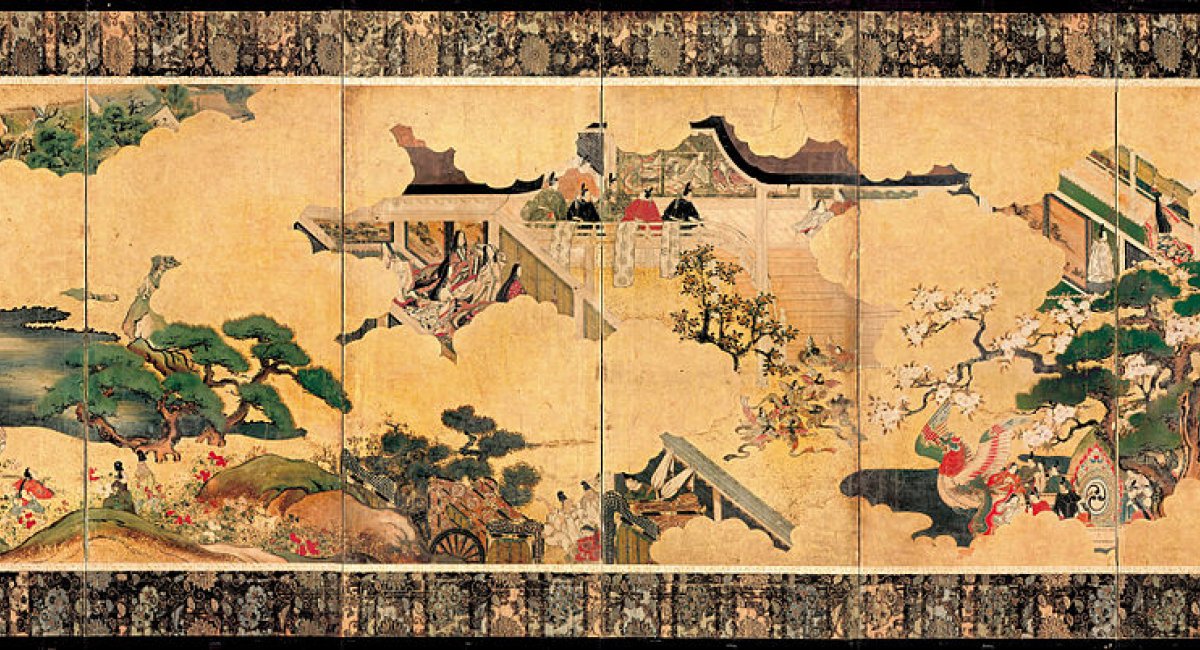A long ride on Train 61
By The English Farm, January 06 2020
If there is one train ride that will rid you of your comfort zone, then that is the journey on Train 61, from Yangon to Bagan in Myanmar. Myanmar is an impoverished country that has been reeling from civil conflict for nearly 70 years. It only opened itself up to the rest of the world in 2014.
As I arrived at the train station, I was escorted to the train by an incredibly helpful stranger in return for a “tip.” I was asked for another tip by a teenager who plopped herself in my sleeper seat. After unsuccessful negotiations on her end, she left, but an adorable 8-year-old came into my carriage asking for yet another tip. I never give money to begging children since their innocence is used as a tool for getting money by their parents, and this discourages them from attending school. As she asked for a tip repeatedly and rubbed her belly to express hunger, I had to fight every urge in my body to give her every dollar I had, my credit cards and my PIN! She eventually left, I was devastated by my own cruelty, and the train finally began the 20-hour journey to Bagan.
As Yangon fell behind us and the countryside of Myanmar opened up, I marveled at the beauty around me. The train also started jerking violently to the left and to the right, and vibrating uncontrollably for the rest of the journey, as we reached top speeds of 30 kilometers per hour. “No comfort zone here,” I thought. “It's a long way from home.”






